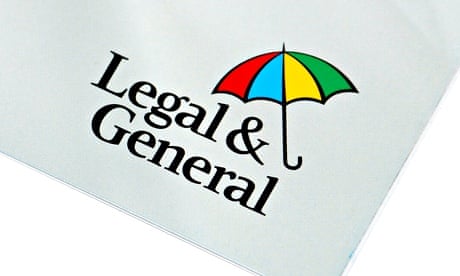Nigel Wilson, chief executive of Legal & General, seems to be the resigning type. The other day he was advising the UK to leave the EU if better terms can't be negotiated. Now, on rather smaller scale, he has pulled the company out of insurers' trade body the Association of British Insurers, which his predecessor at L&G once chaired.
All Wilson's reasons for quitting are logical in themselves. First, L&G is more an asset manager these days, rather than an old-style insurer, and the ABI has farmed out its corporate governance operations to the Investment Management Association.
Second, L&G writes very little general insurance for cars and homes, so most of the ABI's work on that front is irrelevant to it. Third, L&G often likes to plough its own course on lobbying government and regulators for the understandable reason that it doesn't like sharing commercial secrets with competitors.
Fair enough, but this is still a quirky decision. The Prudential, for example, writes even less general insurance than L&G but is staying firmly within the ABI tent; and RSA doesn't do life insurance. That's just a feature of trade bodies. There is variety among the membership and not all work will apply to everyone.
Flooding in the UK, for example, isn't terribly relevant to either L&G or the Pru – but the ABI's lobbying clout is arguably greater for having both as members. Payback comes indirectly, perhaps when it comes to lobbying on international regulations on solvency, when a lone voice would struggle to be heard.
L&G's decision would be understandable if it felt unable to speak out when it disagreed with the ABI's line, or when ABI members are divided. But that doesn't seem to have happened. L&G – commendably – called for charges on auto enrolment pensions to be capped at 0.5%.
In the end, nobody really cares about the membership of the ABI other than ABI members; the world will continue to turn after L&G's exit. But Wilson's decision is still odd. It is hard to see what the advantage is supposed to be.
